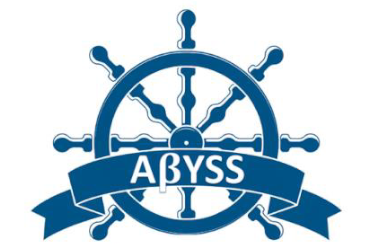
je fais un don

je fais un don

objectif
Étude de phase 4, évaluant l’intérêt du traitement par bétabloquants dans le traitement au long cours d’un infarctus du myocarde non compliqué.
date de réalisation
2018
nombre de patients
3700
nombre de centres participants
Étude nationale multicentrique
type de financement
Public (APHP)
Référence
NCT03498066
Beta Blocker Interruption After Uncomplicated Myocardial Infarction (AβYSS)
Despite the outstanding progress made in cardiac care over the last few years, cardiovascular diseases remain the leading cause of morbidity and mortality in developed countries.
After the initial clinical event, patients are considered to have a chronic disease which combined with the increasing actual life expectancy patients with CAD are a major source of expenses due to their life-long treatment and follow-up.
βB are prescribed during the initial hospitalisation for MI and in the post-MI phase. European (European Society of Cardiology, ESC) and American (ACC/AHA) guidelines initially gave βB therapy a class I recommendation for MI or acute coronary syndrome (ACS) for the first year of treatment and extended such recommendation without solid data up to 3 years after MI. However, there has been no recent clinical trial to evaluate safety and efficacy of long term βB therapy in the contemporary therapeutic era. Taking such lack of evidence in account and acknowledging that clinical practice has changed, the latest ESC STEMI (2014) and NSTEMI (2015) Guidelines degraded the recommendation for the use of βB in post MI patients (Class IIa B) during the hospitalization period and they question the validity of its use after the initial stabilization phase. This was confirmed in the 2017 STEMI Guidelines.
The primary objective of the ABYSS trial is to demonstrate the non-inferiority of the interruption of βB therapy after an uncomplicated MI after six months or more of follow-up compared to the continuation of βB evaluated by the primary endpoint.
The primary endpoint of the study will be evaluated, with one-year minimum follow-up, and will be the composite of Major Adverse Cardiovascular Events (MACE) measured at the longest follow-up including :
It is expected that the interruption of βB therapy will not alter the prognosis of patients and improve safety and quality of life of patients and considerably reduce healthcare direct or indirect costs.
source clinicaltrials.gov

En cours
En cours
En cours